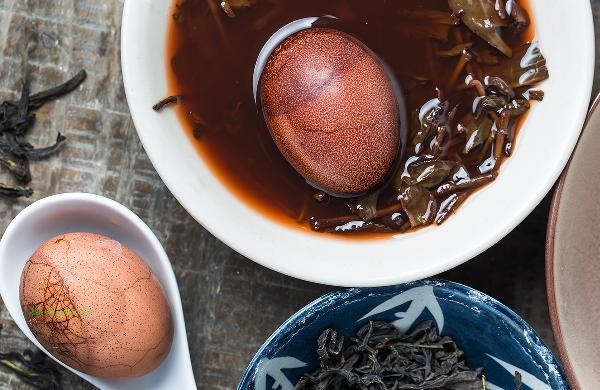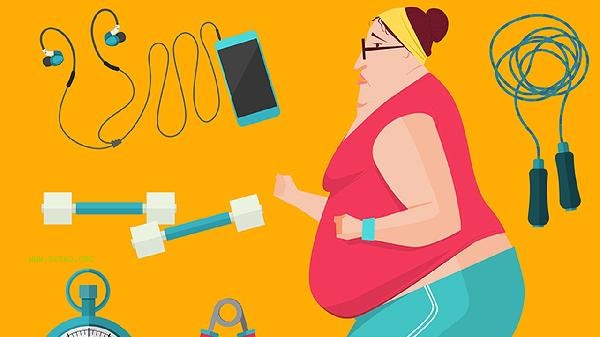Eating Tea egg in moderation during weight loss will not lead to obesity. The calories of Tea egg mainly depend on the size of the eggs and the method of braising. Each 100g of tea eggs contains about 140-160 kcal. They have high protein content and a strong sense of satiety. Rational consumption helps to control the total calorie intake. The key factors that affect weight loss effectiveness include the amount of food consumed, the combination method, basal metabolic rate, total calorie balance throughout the day, and exercise expenditure.

1. Calorific control:
Ordinary Tea egg, about 70-90 kcal each, contain 6-7 grams of protein. As an additional meal, it is recommended to consume no more than 2 servings per day. If a portion of the main meal protein source is replaced, such as reducing 30 grams of meat, it can maintain a calorie deficit. Attention should be paid to avoid taking high carbon water foods such as Congee at the same time to prevent the total calories from exceeding the standard.
2. Note on sodium content:
The sodium content of Tea egg increased to 300-400 mg/piece during the brine process, and excessive consumption may cause edema. It is recommended to pair with high potassium foods such as bananas or spinach, and hypertensive patients should not exceed one per day. When making homemade, reduce the amount of soy sauce and use spices such as star anise and cinnamon to enhance the flavor.
3. Nutrition matching:

Tea egg lack dietary fiber and vitamin C, so it is recommended to eat with tomatoes, cucumbers and other vegetables. Recommended breakfast combination: 1 Tea egg+200g vegetable salad+1 piece of whole wheat bread, which can not only prolong the satiety time, but also supplement lecithin and B vitamins.
4. Metabolic difference:
Those with high basal metabolic rate can consume 2-3 Tea egg per day, while those with insulin resistance need to strictly control the quantity. Patients with thyroid dysfunction should consult those with abnormal protein metabolism who may experience uric acid fluctuations.
3. Exercise consumption:
Engaging in brisk walking or yoga exercises 30 minutes after consumption can accelerate protein absorption and utilization. Supplement Tea egg within 2 hours after strength training, and increase the muscle synthesis efficiency by 20%. Avoid consuming it 3 hours before bedtime to prevent metabolism from slowing down and affecting digestion at night.

During weight loss, Tea egg can be used as a source of high-quality protein, but it should be noted that the daily intake of eggs should not exceed 40-50g recommended by the Chinese Dietary Guidelines. It is recommended to take it after breakfast or exercise, and use it with 200 ml sugar free soybean milk to enhance the absorption efficiency. Long term consumers should replace boiled eggs with boiled eggs 2 days a week to reduce sodium intake. When observing the change of body weight, it is necessary to monitor the body fat rate and muscle mass synchronously. The weight loss effect of relying solely on Tea egg is limited. The ideal weight loss effect can be achieved only with 150 minutes of moderate intensity exercise and balanced diet every week.




Comments (0)
Leave a Comment
No comments yet
Be the first to share your thoughts!